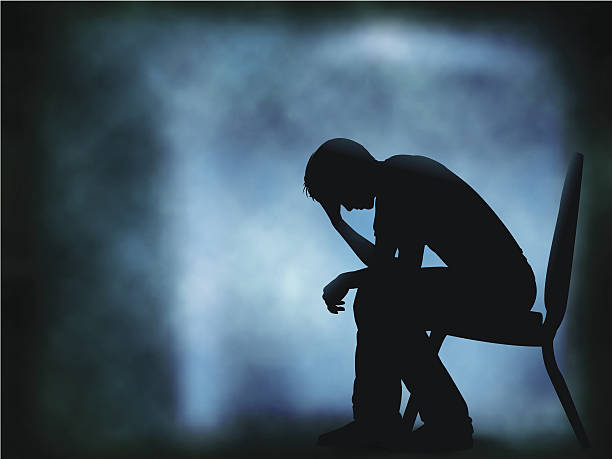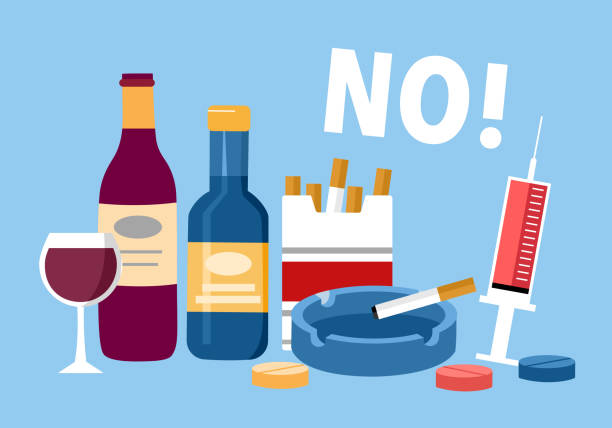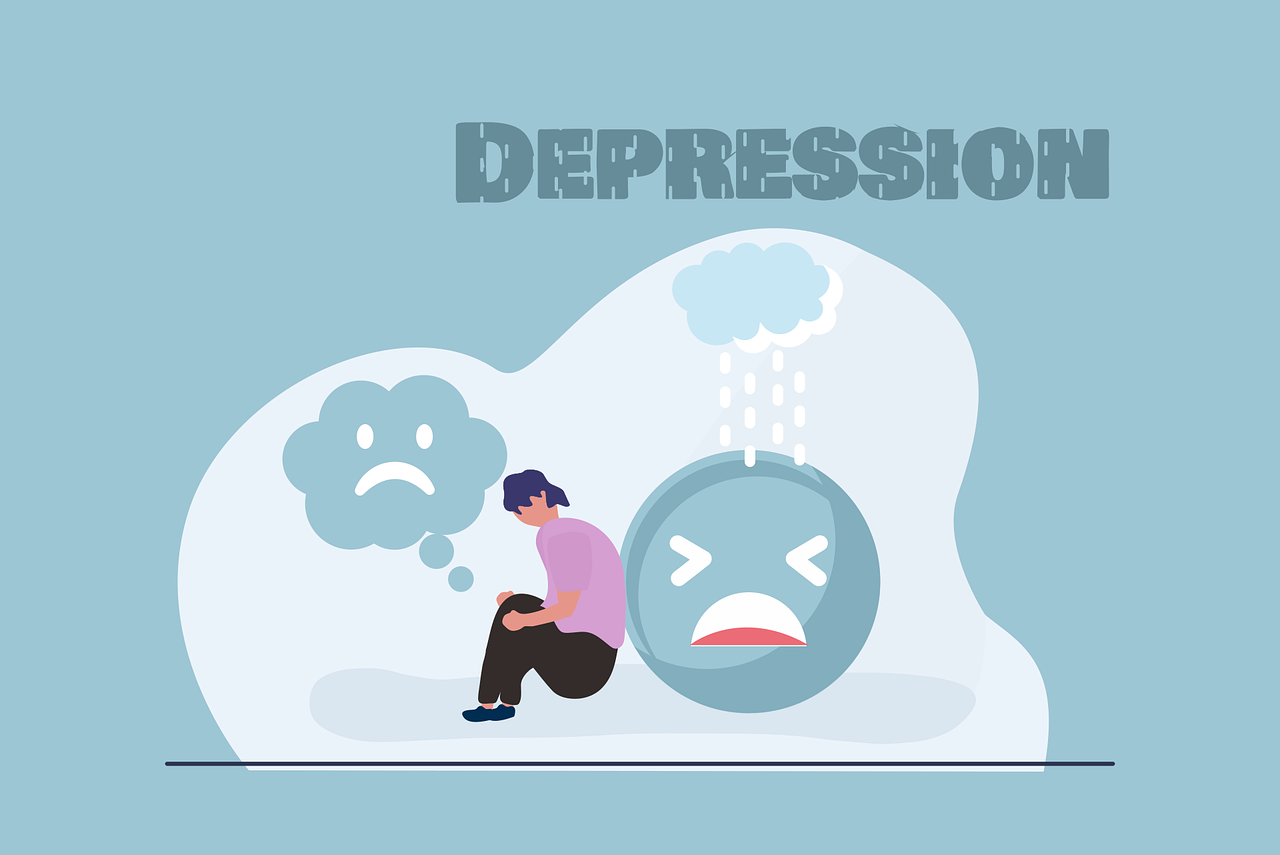Depression and Mental Health: More Than SadnessIts Impact on Mental Health, Daily Living, and Health This Guide looks at how depression affects the mind, its main causes, and whether it can be overcome. We talk about how to self-treat, stop overthinking, and what are some signs of depression. You’ll also read about antidepressants, how they work and tips for discovering happiness. If you’re struggling or helping a loved one, this guide provides insight and practical steps toward healing and being in a healthier state of mind.
How is mental status affected in depression?

How mental status is affected by depression: Depression remains the most vital factor affecting mental status, leading to changes in emotions, thought patterns, or cognition. It can result in lingering despair, hopelessness and a disinterest in hobbies and activities that were enjoyed. People can have trouble focusing, making decisions or remembering things. Thoughts tend to become negative, and one starts to feel guilty and critical and perceives reality in a different dimension. In extreme cases, depression can lead to suicidal thoughts or feelings of worthlessness. It can also lead to anxiety, irritability, and emotional numbness, making it challenging to carry on with daily life and maintain relationships.
What are the 4 main causes of depression?
- Biological Factors – Depression can be caused by chemical imbalances in the brain, genetic factors, and hormonal changes. The risk is greater if a close family member has depression.
- Psychological Factors – Negative thought patterns, low self-esteem, chronic stress, and past trauma (such as abuse or grief) can lead to depression.
- Environmental Factors – Stressful life events like divorce, financial trouble, loneliness, toxic relationships, or not having enough social support can cause or aggravate depression.
- Medical Conditions & Lifestyle — Chronic illness, poor sleep, substance use, inactivity and unhealthy diets can all affect brain function and contribute to depression.
Will I be able to bounce back from depression?
Is depression 100% curable?
How to stop feeling like everything sucks?

It takes a lot of time and work, but there are several highly effective steps toward stopping feeling depressed.
- Talk to Someone – Express your feelings with a trusted friend, family member, or therapist. Support is essential.
- Stay Active — Exercise releases endorphins that can help improve your mood and reduce stress.
- Eat Healthy – A balanced, nutritious diet can improve brain function.
- Get Enough Sleep — Poor sleep exacerbates depression; so get onto a healthy sleep schedule.
- Challenge Negative Thoughts — Recognize and swap out self-critical or hopeless thoughts for positive alternatives.
- Engage in Enjoyable Activities – Do enjoyable things, even if you don’t want to do them. Hobbies can bring joy back.
- Practice Mindfulness & Relaxation – Techniques such as Meditation, Deep breathing, and Yoga are shown to reduce stress and regulate emotional imbalance.
- Utilise Small Goals – Completing small tasks can gives you a sense of achievement and motivation.
- Limit Alcohol & Avoid Drugs – Substance use can amplify depressive symptoms.
- Seek Professional Help – Psychotherapy, counseling, or medication (when needed) can be a huge relief.
How to quit overthinking?

Quitting overthinking takes practice, but these strategies can help you break the cycle and regain control of your thoughts:
- Recognize Overthinking – Awareness is the first step. Pay attention to when you ruminate on the same thoughts.
- Challenge Your Thoughts – Try to ask yourself — is this thought accurate? Will it matter in a year?
- Place a Time Limit — Allow yourself a few minutes to digest, and then pivot to something productive.
- Be Mindful – Meditate, deep breath, be mindful of your surroundings.
- Act – Don’t overthink it, make a decision and act.
- Exercise — Provides mental clarity and stress relief.
- Simplify Information Overload — Reading too much news or social media can lead to overthinking.
- Write It Down — Journaling may help process thoughts and decluttering the mind.
- Concentrate On What You Can Control — Release what you can’t control and take small steps toward solutions.
- Talk to Someone – Sharing your thoughts with a friend, mentor, or therapist can help you find clarity.
How do I know if I am depressed?
Emotional Symptoms:
- Being sad, empty, or hopeless much of the time
- Loss of interest in things you once liked doing
- Feelings of worthlessness, or excessive or inappropriate guilt
- Getting annoyed by little things
Physical Symptoms:
- Tiredness or lack of energy, even after rest
- Changes in appetite (eating too much, or loss of appetite)
- Changes in sleep patterns (insomnia or sleeping too much)
- Unexplained aches, pains or slower physical movements
Cognitive & Behavioral Symptoms:
- Difficulty concentrating, making decisions or remembering things
- Avoidance of friends and family and social situations
- Noticing heightened anxiety, overthinking, or overwhelm
- Suicidal thoughts or self-harm (get help as soon a this happens)
Are anti-depression pills good or bad?
Pros of Antidepressants:
- You can help balance brain chemicals (serotonin, dopamine) therefore improving mood
- Less symptoms of depression, anxiety and lack of motivation
- Can increase sleep, energy, and concentration
- Good for bad or prolonged depression
Cons & Considerations:
- Side effects might include (nausea, changes in your weight, dizziness or emotional numbness)
- Takes a couple of weeks to show full effects
- It can lead to withdrawal if you stop abruptly
- Not a “cure” but rather a tool that is most effective combined with therapy and lifestyle changes
How to be more happy?
01. Practice Gratitude
- Remember what you have, not what you do not have.
- Maintain a gratitude journal: Write down three things you’re grateful for each day.
02. Stay Active
- Exercise releases endorphins that naturally elevate mood.”
- Even a brief stroll or some gentle stretching can make a difference.
03. Build Meaningful Connections
- Hang out with friends and family members who support you.
- Increase Socialize with Patience Social Cohesion
04. Do Things You Enjoy
- Engage in hobbies, projects or pastimes that give you joy, even if you don’t immediately feel like doing them.
- Uplifting are creativity, music, or spending time in nature.
05. Manage Stress & Overthinking
- Practice meditation, mindfulness, or deep-breathing.
- Release the outside world and learn to live in the present.
06. Get Enough Sleep
- A bad sleep spoils mood and energy levels. Aim for 7-9 hours per night.
07. Eat a Healthy Diet
- Healthy food helps keep mind active. Keep sugar and processed foods to a minimum.
08. Break Goals Down into Small Milestones & Celebrate
- Indeed, tackling small jobs is a good way to build motivation and confidence.
09. Limit Negativity
- Limit exposure to bad news, toxic people or too much social media.
- Read positive content and get positive influence in your life.
10. Help Others
- Engaging in acts of kindness, volunteering or just being present for someone else can make us happier.
- Happiness is not about being positive all of the time, but about building habits that foster long-term well-being.

[…] Improves mood and helps prevent anxiety and depression. […]